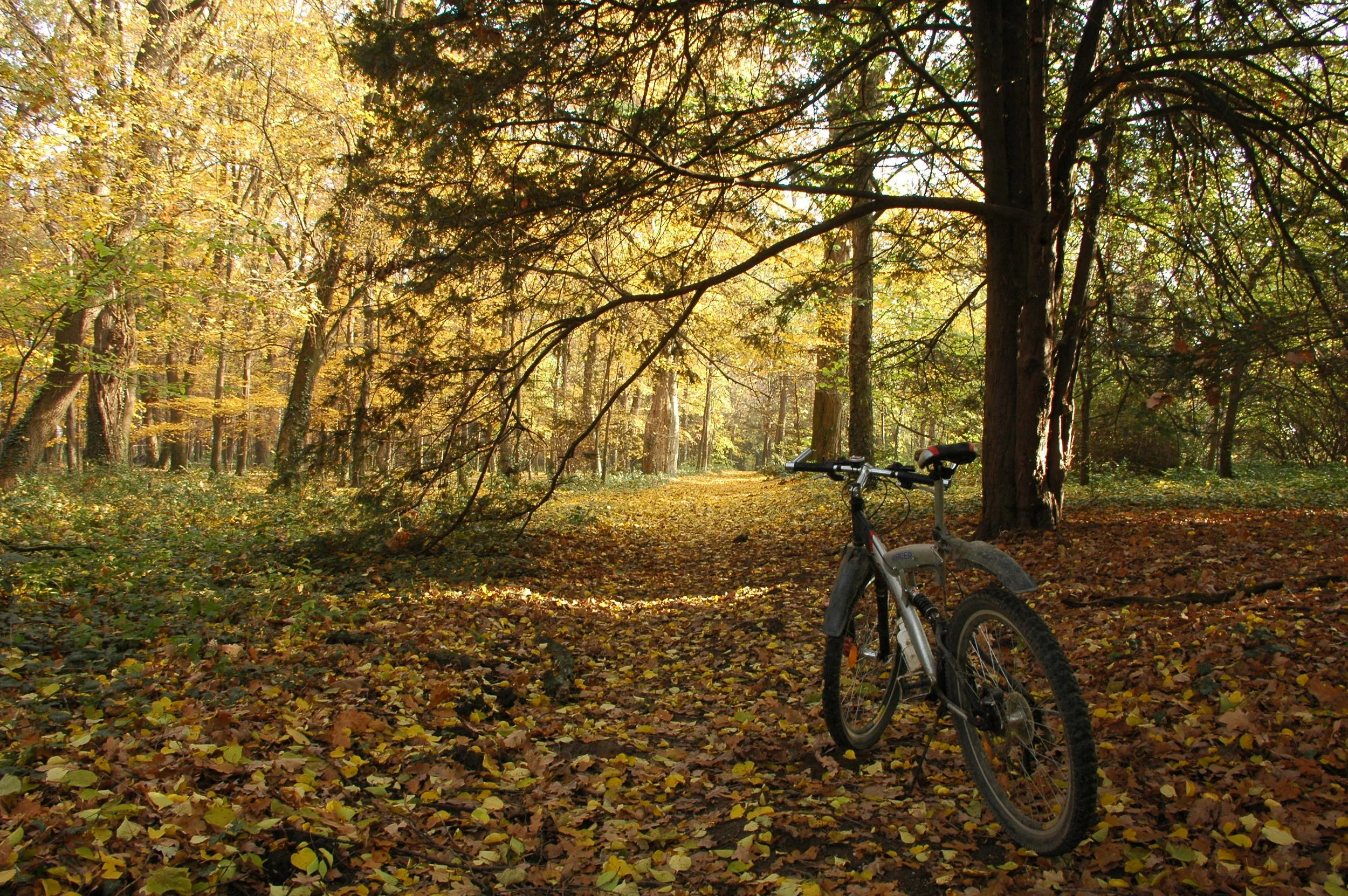
Blog

When someone dies, we don't just lose a person. We lose a part of ourselves too.
Death has been very ‘alive’ in my life recently. In the space of two months, I lost two significant and much loved family members. I have been thinking that perhaps we all go through periods where loved ones die or pass away in quick succession – sadly, that’s the nature of life. And when that happens, of course, we grieve.

"Come sit with me, and tell me your story"
I had coffee with a friend today, and she told me something about her daughter's primary school that made me feel a hint of optimism about the future of this broken and pained world we live in at the moment.
She told me that her 5 year old daughter had bought home a letter from the school. It read like this:

Enforced therapy - part of the problem NOT part of the solution
I did something today that I have never done before – I went on a demonstration. Since becoming a psychotherapist I seem to have found more of a political ideology, so when I heard about a protest against the DWP rolling out its scheme to integrate mental health therapy services within Job Centres, I felt compelled to attend.

New beginnings...
Spring is definitely in the air, and I am feeling a sense of anticipation and excitement as spring flowers begin to bloom and nature begins to wake up after a winter sleep. But I have other another reason to feel anticipation and excitement - I am about to start a new phase of my work as a psychotherapist.

Making ripples
Do you ever, in moments of quiet reflection, wonder how you will be remembered once you die? I don't just mean your physical characteristics, or your personality, but your impact on the world. I have no doubt that many people feel they will leave no imprint on the world.
I would love to hear from you.
Why not get in touch to explain in your own words how I can support you?